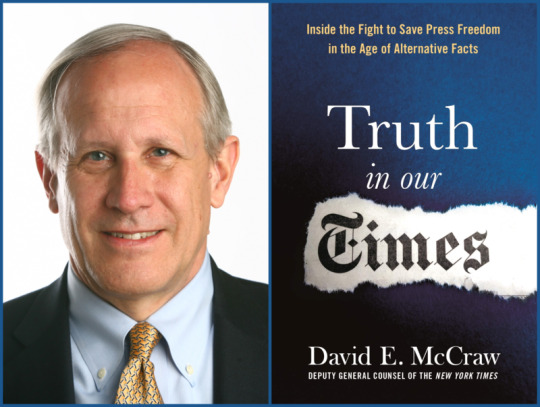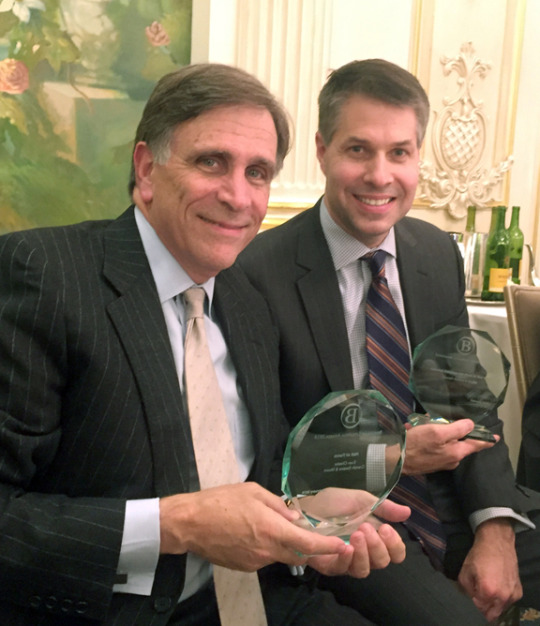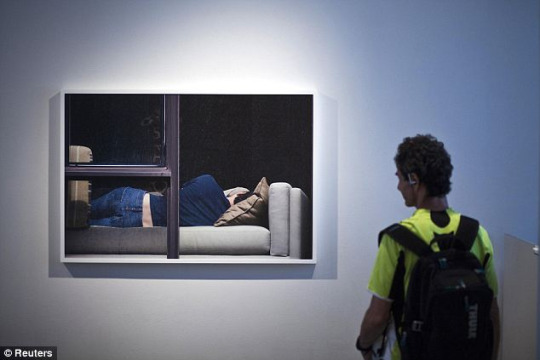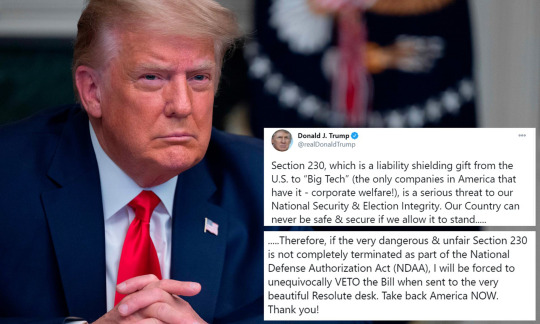#TrialStrategy
Explore tagged Tumblr posts
Text
Expert Witnesses in Criminal Trials
Expert witnesses break down complex details in criminal trials. 🧑⚖️ Whether it's tech, medicine, or psychology, they help juries make sense of the evidence. Without their testimony, the courts might miss critical information that could change a case.

If you're facing criminal charges, you can't afford to let important details slip through the cracks of your case. Contact a reputable lawyer like David A. Stein in Orange County today. ⚖️
0 notes
Text
⚖️🔍 Jury Research Services: Uncover the Insights That Win Trials 👥📊
When it comes to courtroom success, preparation goes far beyond legal arguments and evidence—it’s about understanding how jurors think, decide, and respond 🧠💬. That’s where the knowledgeable Jury Research Services come in. These specialized services are designed to give attorneys and legal teams a strategic edge by analyzing juror behavior, biases, perceptions, and decision-making patterns 🎯🧑⚖️.
Whether you're handling a civil dispute, criminal defense, or a complex corporate trial, jury research provides the deep psychological and social insights needed to craft persuasive case strategies and connect with the people who matter most—the jury 👩⚖️👨⚖️.
🔎 What Are Jury Research Services?
Jury research services involve a set of techniques and tools used to evaluate how potential jurors perceive your case, client, and legal arguments before trial. These services can include:
🧪 Mock Trials – Simulated court proceedings with a “jury” that deliberates and provides feedback on your case presentation.
💬 Focus Groups – Smaller groups discuss key elements of the case, helping identify emotional triggers, confusing arguments, or persuasive narratives.
📊 Surveys & Polling – Data collected from community members to assess public opinion, potential bias, or reactions to trial themes.
🎥 Jury Observation – Behavioral experts observe jury body language and facial expressions during trial to assess engagement and reactions.
📂 Post-Trial Interviews – Direct feedback from jurors after a verdict to understand what swayed the outcome and how your arguments were received.
💼 Why Jury Research Services Matter
✔️ Strategic Advantage – Jury research helps legal teams tailor their arguments to resonate with jurors' values, beliefs, and emotional responses 🎯🧠.
✔️ Message Testing – See which themes, words, and visuals land best before using them in court, saving time and boosting impact 📣✨.
✔️ Bias Identification – Uncover potential biases in a jury pool so you can make smarter voir dire decisions and remove problematic jurors 🚫👥.
✔️ Stronger Case Framing – Understand how to structure your case to make it more compelling, memorable, and relatable to everyday people 🧑🏫📚.
✔️ Risk Reduction – Anticipate unfavorable jury responses, adapt your strategy accordingly, and avoid costly trial missteps ⚠️💼.
👩⚖️ Who Uses Jury Research Services?
Trial attorneys preparing for jury selection and case presentation
Corporate legal teams involved in litigation and high-risk cases
Defense and plaintiff lawyers in civil or criminal trials
Insurance companies evaluating liability and damages exposure
Law firms looking to improve win rates and trial efficiency
Jury trials are unpredictable by nature, but powerful Jury Research Services bring clarity, insight, and control to the courtroom experience ⚖️💬. By deeply understanding the minds of jurors, you’re not just presenting a case—you’re telling a story that resonates, persuades, and wins 🏆👥.
Whether you're looking to test your strategy, improve jury selection, or refine your closing arguments, jury research is a powerful asset in your litigation toolkit 📋🚀.
#JuryResearch #TrialStrategy #LitigationSupport #MockTrials #FocusGroups #VoirDireSuccess 🧑⚖️📊💼
0 notes
Text
A deep dive into two of my favorite classes at NYU
Hi all! I have had some questions from readers about what classes are like at NYU.
I thought I might procrastinate a little bit on my readings for my next class, and write up a post going a little more in-depth on two of the classes I have enjoyed the most while at NYU - one that was held during the Fall 2020 semester (Mass Media Law), and one from this current semester, Spring 2021 (Advanced Trial Simulation). For me, these classes are both representative of the incredibly diverse range of classes at NYU taught by adjunct professors, the close relationship NYU has with the broader legal community in New York City, and the practical orientation/style of many of the law school classes.
Mass Media Law
This was taught by the wonderful Prof. David McCraw, the Senior Vice President and Deputy General Counsel (and lead newsroom lawyer) of The New York Times - who teaches in alternating semesters at NYU Law and Harvard Law. We examined how the First Amendment, in combination with tort law, statutes, and common-law principles, shaped the rights and limitations for media publishers. We covered topics like defamation/libel, protection of confidential sources, prior restraints on publication, invasion of privacy by publication, criminal liability for publishing classified information, legal limits on newsgathering, and access to information.

Advanced Trial Simulation
ATS is designed to give students practical trial experience. At the outset of the class, the professors taught us basic trial skills (rules of evidence, do’s and don’ts of opening statements, closing arguments, and witness examination, etc) in a lecture format.
The class was then divided into trial teams of four students each—with two plaintiff’s counsel and two defense counsel. The semester then had 4 simulated trials with different fact patterns - e.g. I had a wrongful death suit based on an allegedly defective drug. Students either had to deliver an opening statement or closing argument, and were required to run one direct examination of a witness and one cross-examination of an opposing witness (the witnesses were played by pre-law students from NYU’s undergrad programs, and you had to prepare them). Pre-law students also act as a jury and deliberate on a verdict, and then, unlike in real life, the ‘lawyers’ and the rest of the class are able to view the deliberations and hear the jury’s thought processes.

Similarities
There are a few similarities between these classes:
Credits: Both classes are 2 credits, meaning they each have 2 teaching hours (in 1 class) per week. This means they are both technically seminars, and aren’t on the same grading curve as the 4-credit core or substantive classes.
Adjunct Professors: They were also both taught at night because both were taught by incredible adjunct professors with full-time day jobs outside NYU. Mass Media Law was taught by the wonderful Prof. David McCraw, the Senior Vice President and Deputy General Counsel (and lead newsroom lawyer) of The New York Times - who teaches in alternating semesters at NYU Law and Harvard Law - while Advanced Trial Simulation is co-taught by Cravath, Swain & Moore Chairman and leading trial attorney Evan Chesler, and the also-brilliant Cravath litigation partner David Marriott.
No expensive textbooks required: For Mass Media Law, we had about 6 case extracts to read before class that we could download from the NYU Classes portal. For Advanced Trial Simulation, there was just a small course pack to read, that contained no cases - just the mock fact patterns, witness outlines, exhibits, and depositions we would use in our simulations.
Differences
However, the classes differed in a few key ways:
In-person vs. Online: Mass Media Law was taught in a hybrid model - so while most students chose to attend online, I attended in-person each Tuesday night and was taught by Professor McCraw in person. He drove in from Connecticut every week! Advanced Trial Simulation is solely online.
Style of the Class (Lecture-Style vs. Simulation): Mass Media Law was taught in a somewhat traditional lecture-style, case-based model (with lots of slides that brought the cases to life, and a very engaging lecturing style from the professor!). Towards the end of semester, we had very interesting visiting lecturers come and speak to us - more on that below. In contrast, Advanced Trial Simulation dedicated the first 4 lectures to teaching us about the most critical rules of evidence for trial lawyers, and strategy/dos and don’ts for opening statements, direct examinations, cross-examinations, and closing statements (with video clips and other slides), followed by mock trials for the rest of the semester run by the students, with the professors acting as judges.
Manner of Assessment: Mass Media Law was assessed via an exam at the end of the semester, with a boost for class participation, whereas Trial Simulation was assessed on the basis of performance in a mock trial that ran over 2 weeks for each trial, with a boost for class participation.
Overall Thoughts
I’ve found both classes to be really helpful and fascinating. Advanced Trial Simulation enabled me to immerse myself in trial strategy with my co-counsel, and I loved practically applying the lessons I learned in Evidence in Fall 2020 (e.g. impeaching a witness for inconsistent statements; objecting on the basis of hearsay). Hearing Professor Chesler and Professor Marriott’s tips based on their own stellar trial practice is an incredible opportunity.
Mass Media Law is probably my favorite class overall. Professor McCraw was so kind and engaging, and took the time to send us wrap-ups of the key takeaways from each class, and primers on the cases we would discuss next class. He cold-called, but you knew which case you would be called upon to discuss, so it wasn’t intimidating. He has also stayed in touch with me, and even put me in touch with people he knew in a city that I’m looking at for job opportunities.
The speakers we had in that class were also hard to beat, and included people like:
Ted Boutros - a leading media and entertainment litigation partner at Gibson Dunn, who spoke to us about his work acting for journalists who had had their White House press passes confiscated during the Trump Administration - Brian Karem of Playboy and Jim Acosta of CNN;
Mike Schmidt - the Times journalist and two-time Pulitzer Prize winner who wrote #MeToo stories uncovering the sexual misconduct of Bill O’Reilly and Harvey Weinstein; and
Susanne Craig - the Times investigative journalist who covered all of the reporting on Trump’s taxes.
We discussed topics ranging from:
In the context of the tort of intrusions to privacy and the First Amendment - The artist Arne Svenson’s art exhibition, ‘The Neighbors’ - photos taken of unsuspecting people in a building next to his in NYC.

Julian Assange’s indictment:

And Section 230 and the proposals to amend or repeal it:

Let me know if you have any questions about either of these classes - happy to discuss further!
0 notes
Video
youtube
The Defense Offers to "Stipulate to Liability" on Your California Person...
0 notes